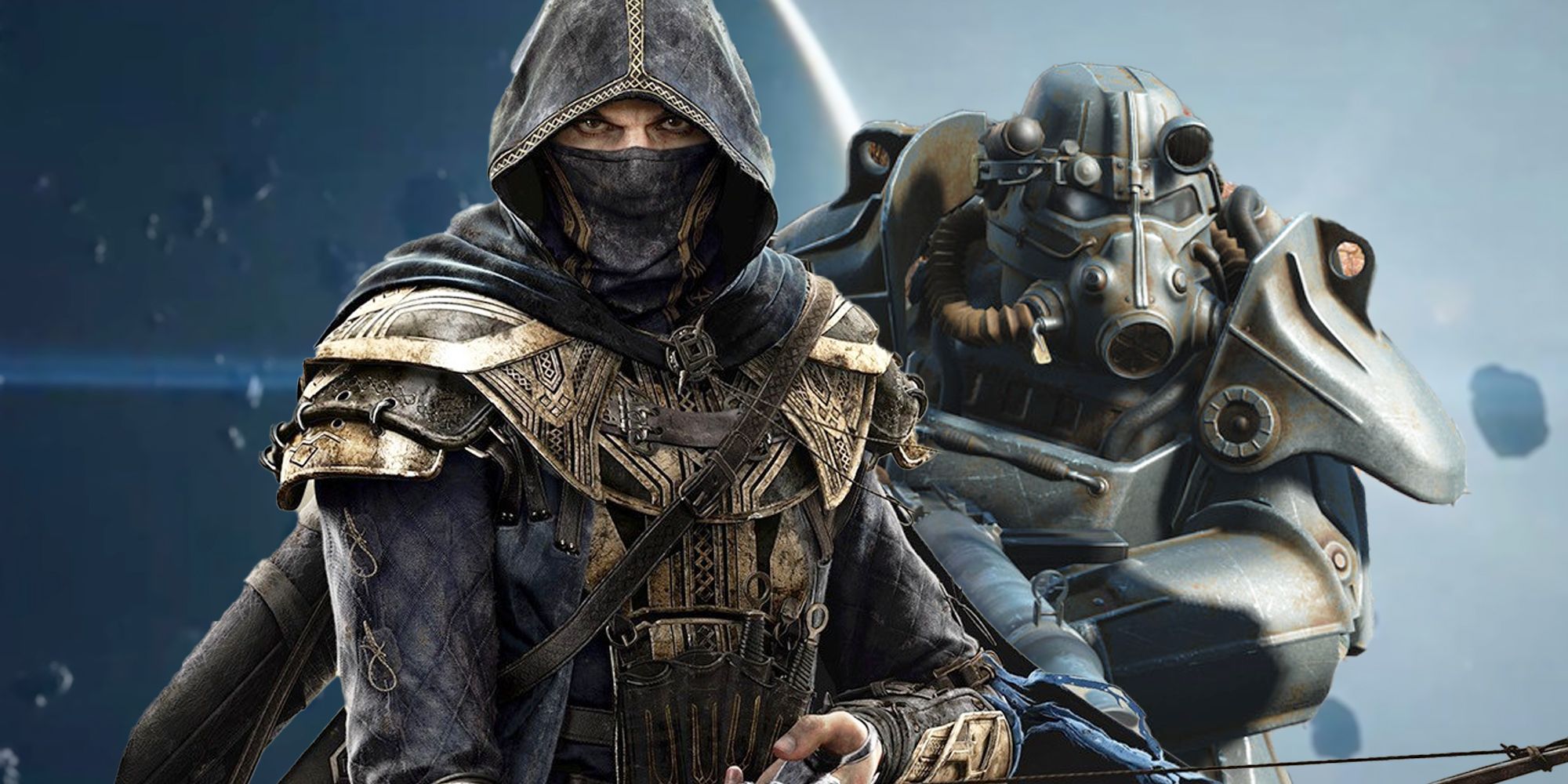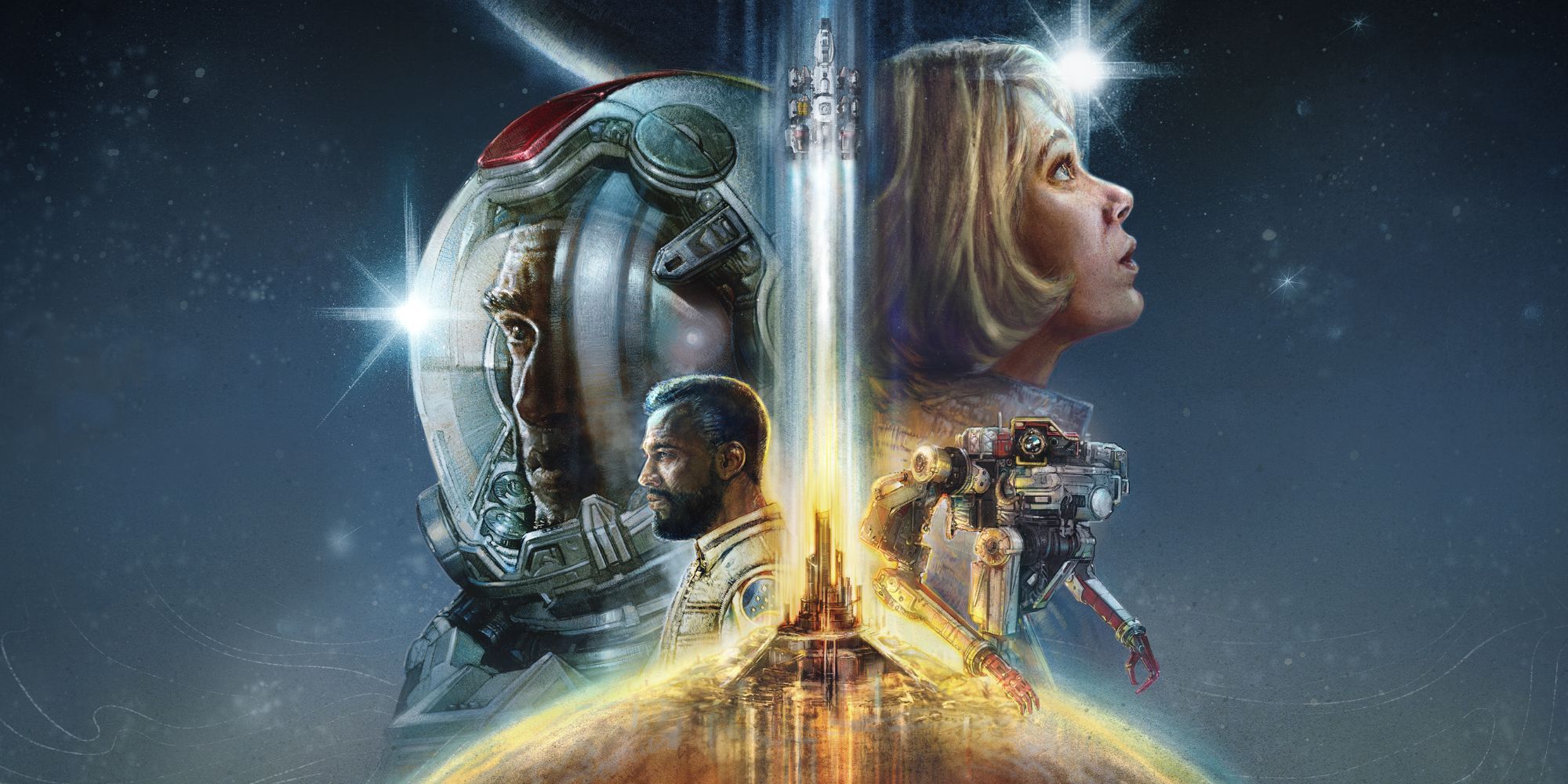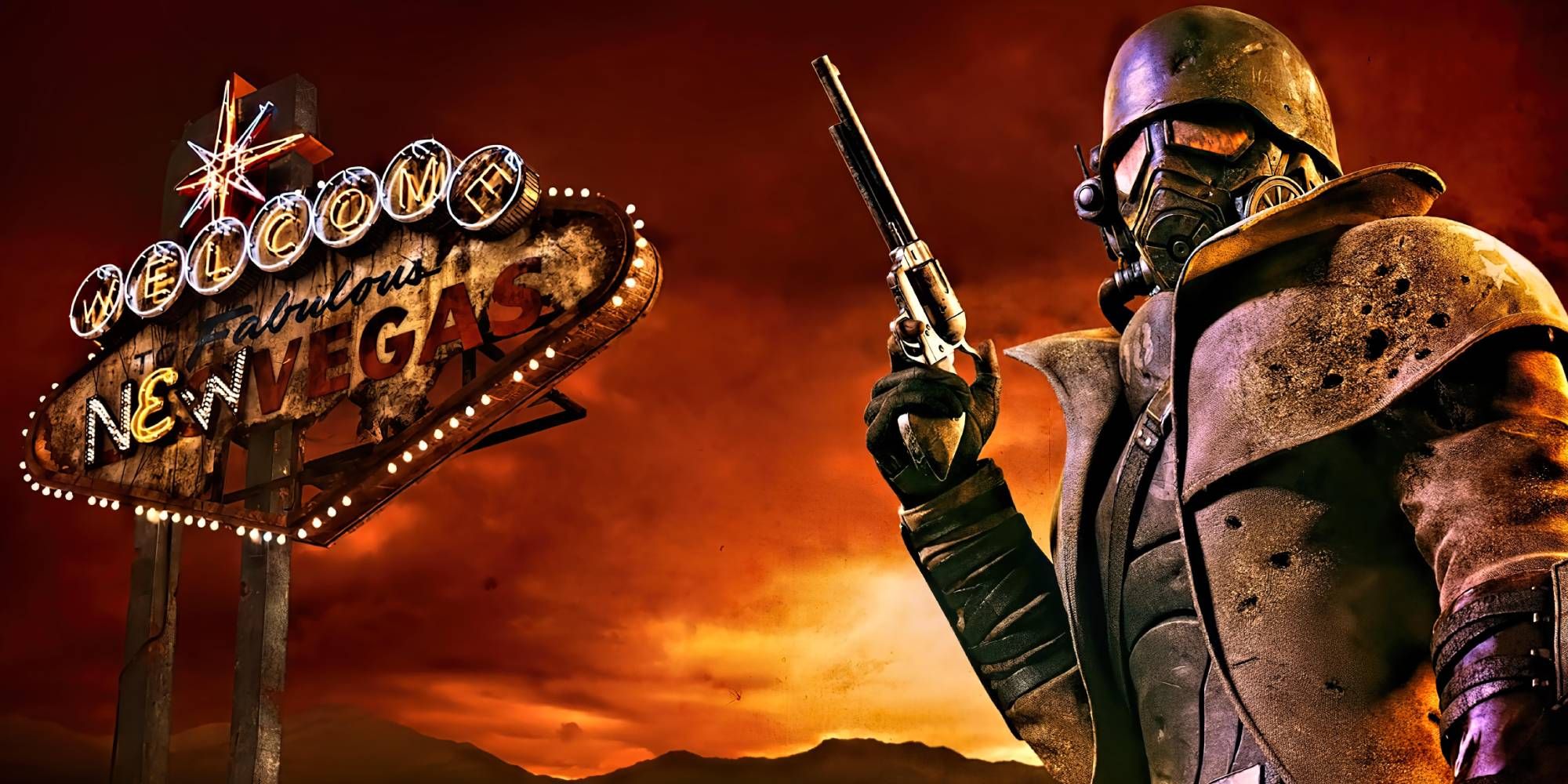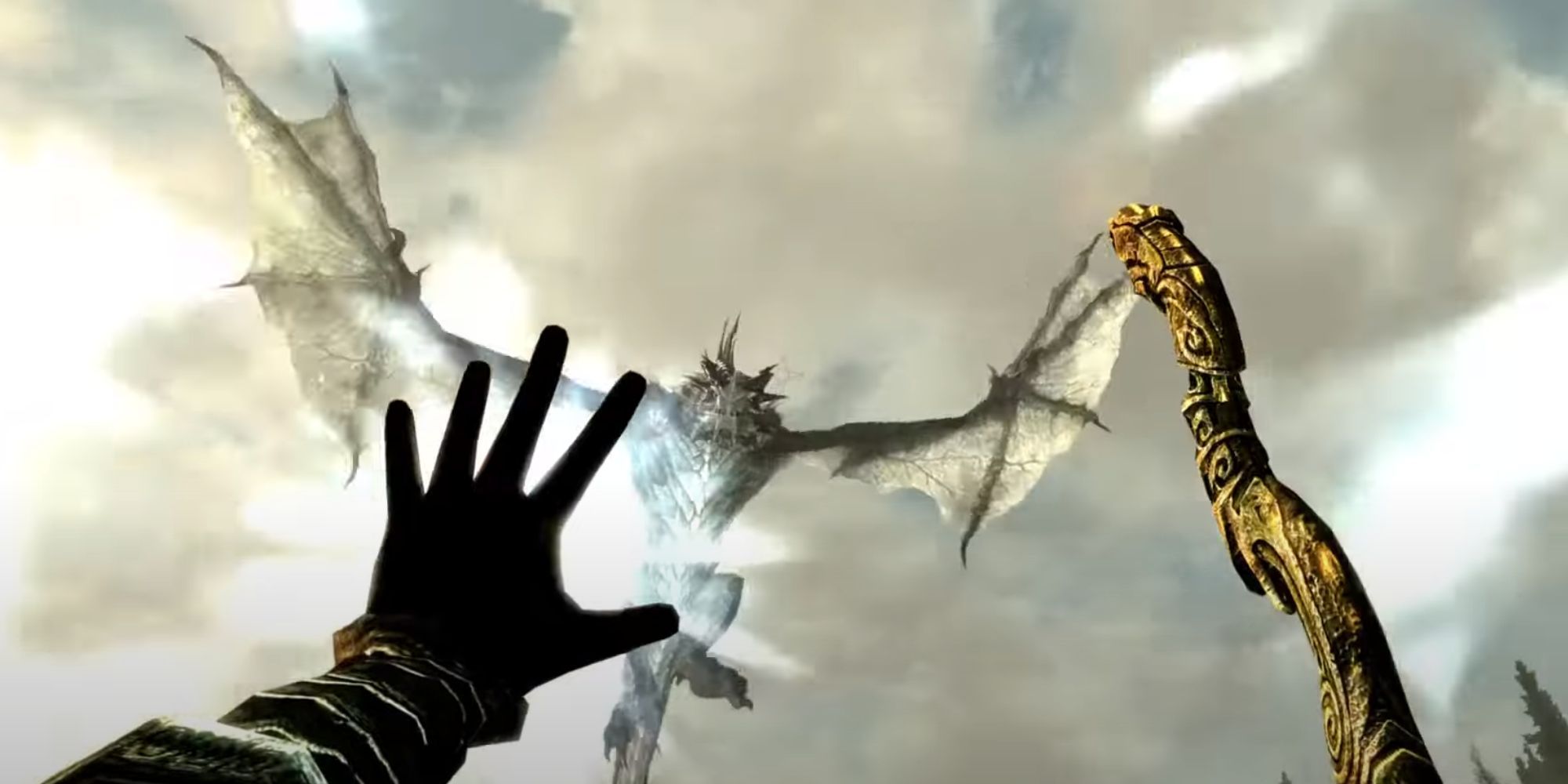Gamers are always looking towards the next big thing. Even as a blockbuster like Starfield is destined to take hundreds of hours from us, we still impatiently demand more, asking where our next meal is coming from when this plate is cleaned of all its nutrition. There is always a big reveal or epic trailer waiting around the corner to drum up the hype all over again, and it is this exact cycle of perpetual anticipation that keeps this
unsustainable industry ticking.
Take The Elder Scrolls 6 for example, which for some reason was announced alongside the epic space adventure as a “one more thing” mic drop from game director Todd Howard back at E3 2019. His logic was that if Bethesda announced that it was working on the next fantasy RPG - which it kinda isn’t if we’re being blunt - that fans would stop asking about it. That is obviously not how it went.
People are still asking about it, and assume the game is further along in development than it really is, despite Starfield still yet to launch. You can’t blame them for having this perspective though when the act of games development remains so secretive. Studios don’t want us to see how the sausage is made, but also want to be transparent about everything they’re working on, so potential conflicts can be avoided. Both of these things aren’t possible, not without some form of compromise. Casual consumers don’t understand how budgets and production times have ballooned with new console generations, meaning games like The Elder Scrolls and Fallout will now take half a decade to make at least if Bethesda wants to do both properties justice.
Fallout 5 is so far away that entertaining its existence feels like a fool’s errand. It is natural for Bethesda to confirm it will one day make another Fallout game given its status as one of the studio’s primary properties, but to assume it is in the works or has taken on a form beyond speculation is downright silly. Games like this require a team of hundreds and several years of development to even make it out the door, let alone reach public hands. If and when it does release, we’ll likely be playing on the PS7 or Xbox Ultima with entirely different forms of mechanics and gameplay methods to interact with.
There is no way to predict what a game like this will look like many years in the future, and the very same principle applies to Elder Scrolls 6 when it arrives in 2030 or whatever. We also can’t predict what kind of game it will be. Yes we’ll be free to explore a massive fantasy world, but exactly how and what we will do when open world games have otherwise changed so much since Skyrim released over a decade ago. We’ve had
Elden Ring, Breath of the Wild, and soon Starfield - which I’ve little doubt will inform whatever Bethesda does next in some foundation-shifting ways.
The reactions to Starfield’s world design, combat systems, and writing can’t help but bleed into whatever Bethesda does next, not to mention that a lot of the main staff - Todd Howard included - are getting older and understand the investment games like this take to create. It isn’t just another Elder Scrolls or Fallout, it’s another five years of going through the gauntlet to create something we’ll either be playing for the rest of our lives or will discard without a second thought. After all, there is always something new fighting for our attention these days. Even Bethesda has its work cut out for itself, and who knows how many more changes will surface before Fallout 5 and The Elder Scrolls 6 are ready for primetime. There is a valuable lesson to be learned here, and one that extends beyond the house that Todd Howard built.
Talk is already being had about a sequel to Cyberpunk 2077, while sequels to series such as Star Wars Jedi, Horizon, Ghost of Tsushima, and several others are all but assumed. Even a pipedream like Fallout: New Vegas 2 or yet another sequel to Breath of the Wild are brought up like we’re going to ever be seeing them, let alone in the near future. There is no standard for when games should be announced or if they should break cover at all. Some of these big reveals are made to attract industry talent or drum up a marketing push ahead of time, but it feels like so much of the time it does more harm than good.
We are still years away from the release of The Elder Scrolls 6, despite it first being announced half a decade ago. It’s coming, but by presenting its existence to us so soon it builds up unfair expectations that either lead to a needless pressure on the developers or impossible standards for gamers impatiently waiting for its arrival. Let’s get Starfield out of the way first, and take a good hard look at how games weaponise hype as a tool which ultimately serves no real purpose but to let everyone down.




